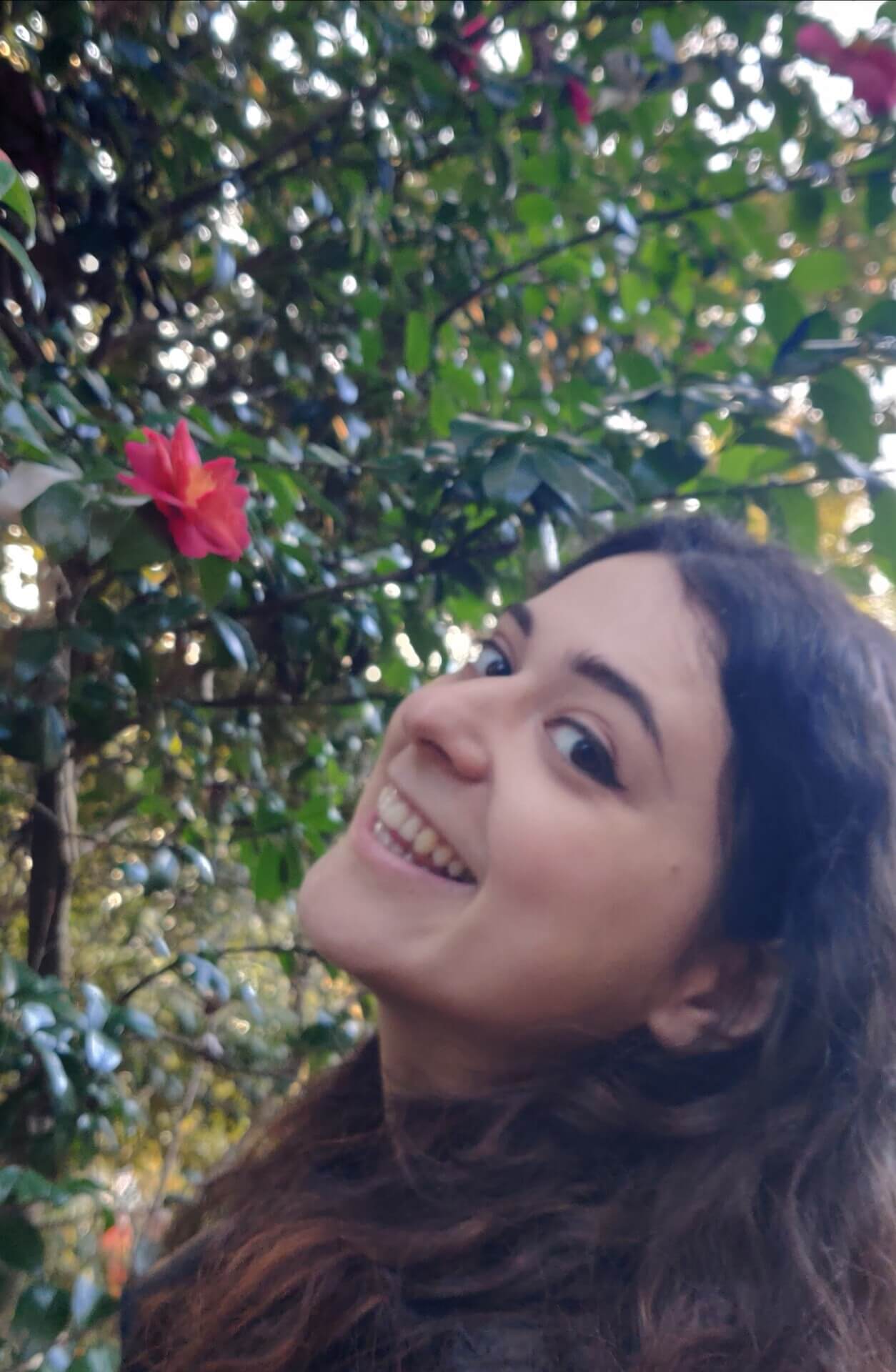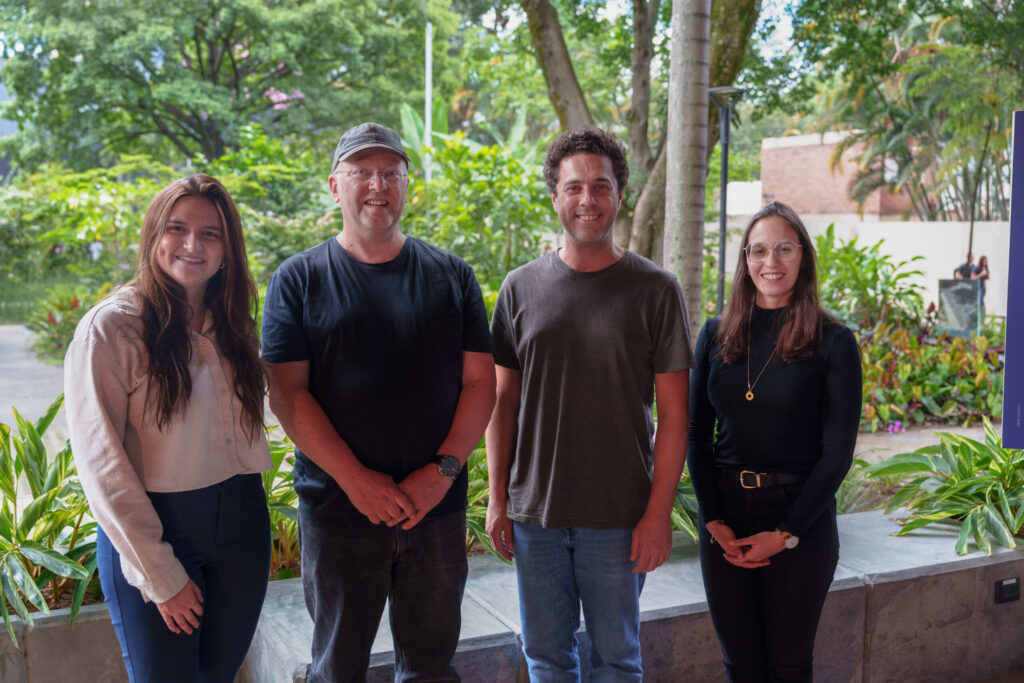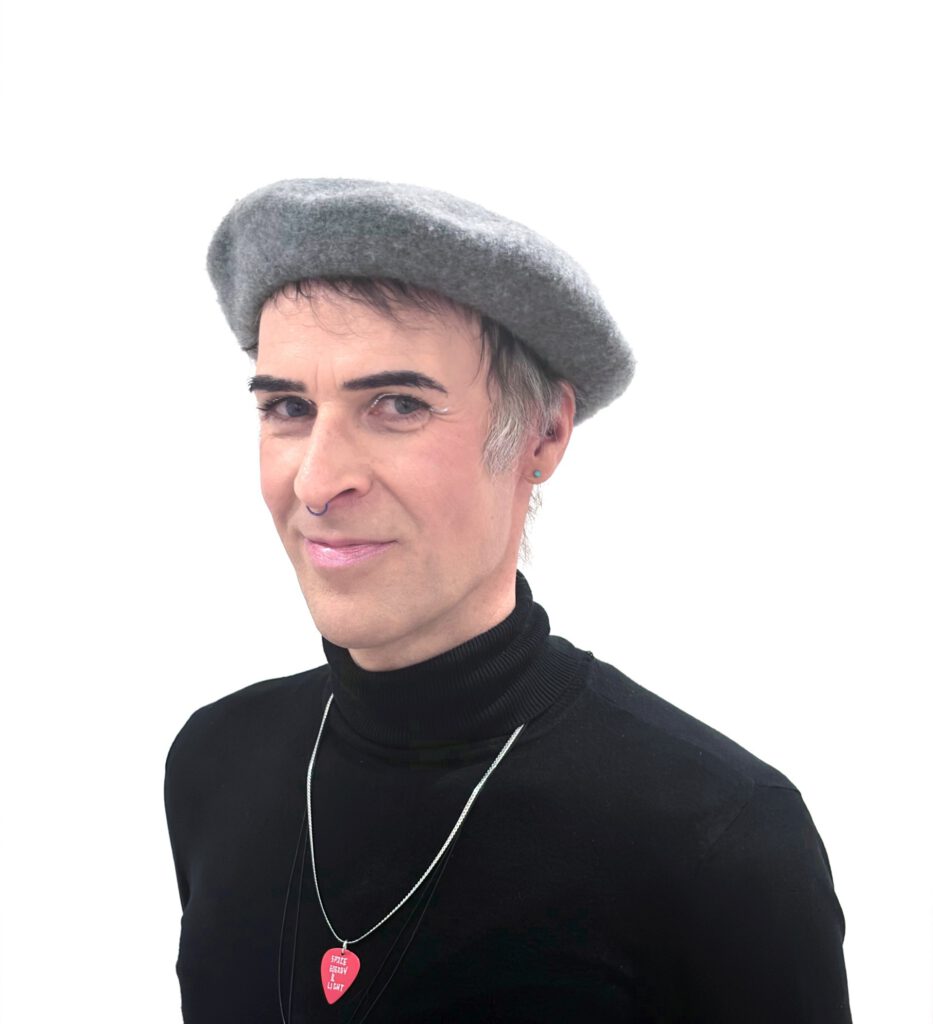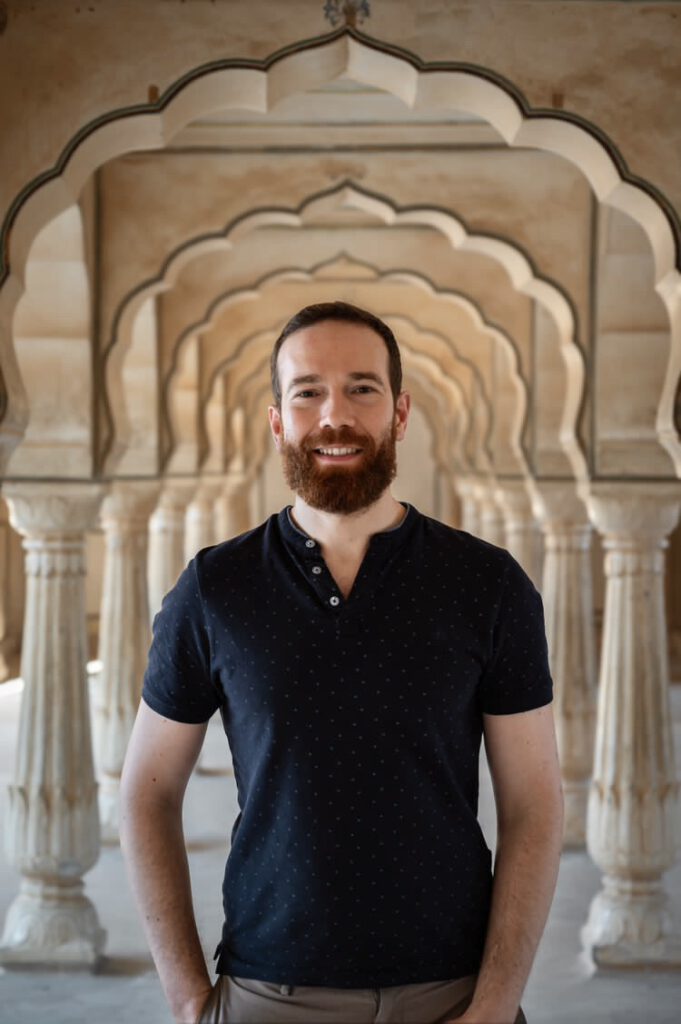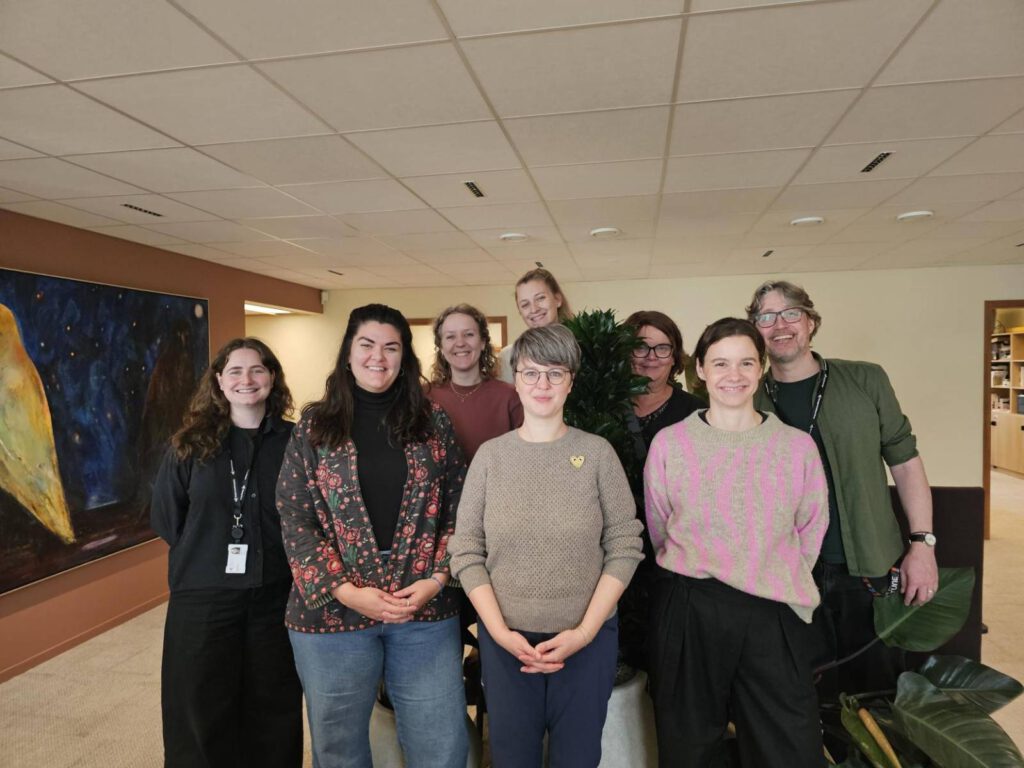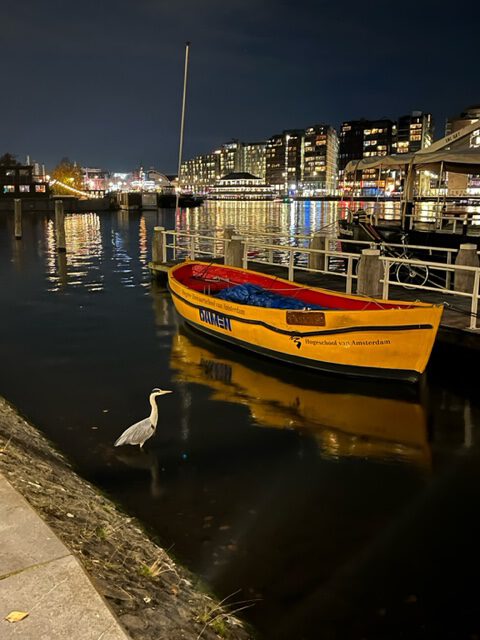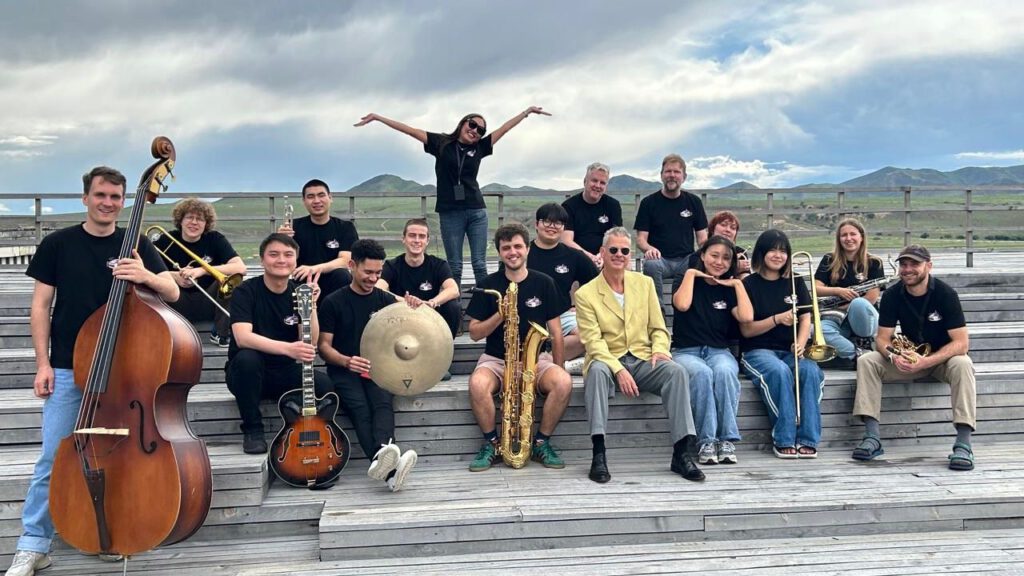Enrichment and Learning
Finding calm and urgency
My time in Japan was unbelievably enriching. My name is Linda Maria Rodriguez Breña. I study music education and pedagogy in the mdw’s bachelor’s programme, with voice as my major course of study. In my fifth semester at the mdw, I had the opportunity to spend a semester abroad at the Kunitachi College of Music in Tokyo. Japan and Cuba were my first choices for a semester abroad. However, my enthusiasm for studying in Cuba was dampened by a visit to the university there and a conversation with the director at the time. Cuba is a great place to spend holidays, or for me to spend time with my family, but not a good place to study. Japan was different. I chose the Kunitachi College of Music because my best friend did her bachelor’s degree there before coming to Vienna, one of my favourite composers (Joey Hisaichi) studied there, and the university campus is located outside Tokyo’s large urban centres. I thought that the culture shock would be big enough and I didn’t need big crowds of people around me – isn’t it a bit strange, then, that I picked Tokyo? No! Because the prefecture of Tokyo and the entire country of Japan has so much more to offer than the famous scrambled crossing in Shibuya, the kitschy, overloaded shopping street in Harajuku, or Akihabara’s fluorescent, glittery electronics market.
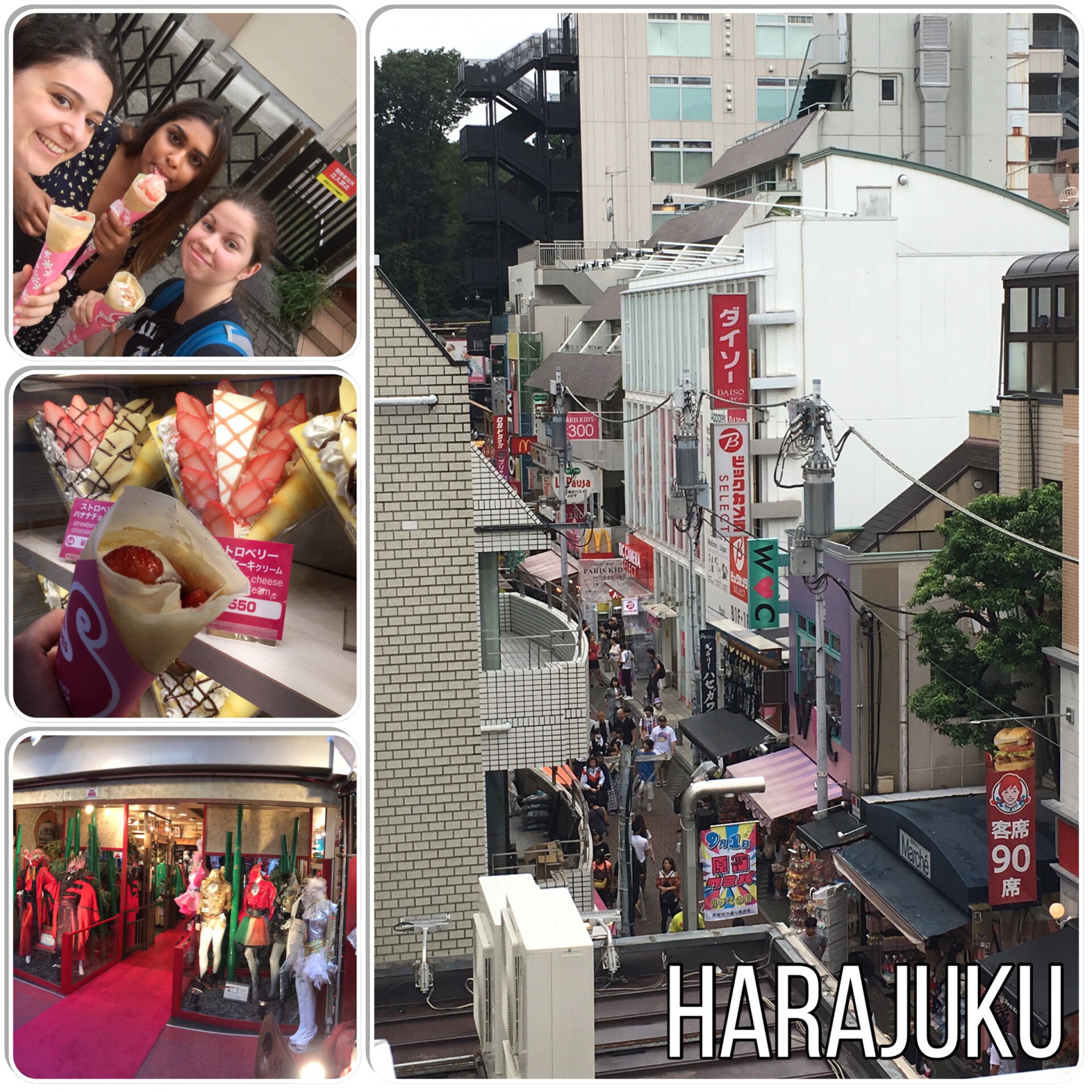
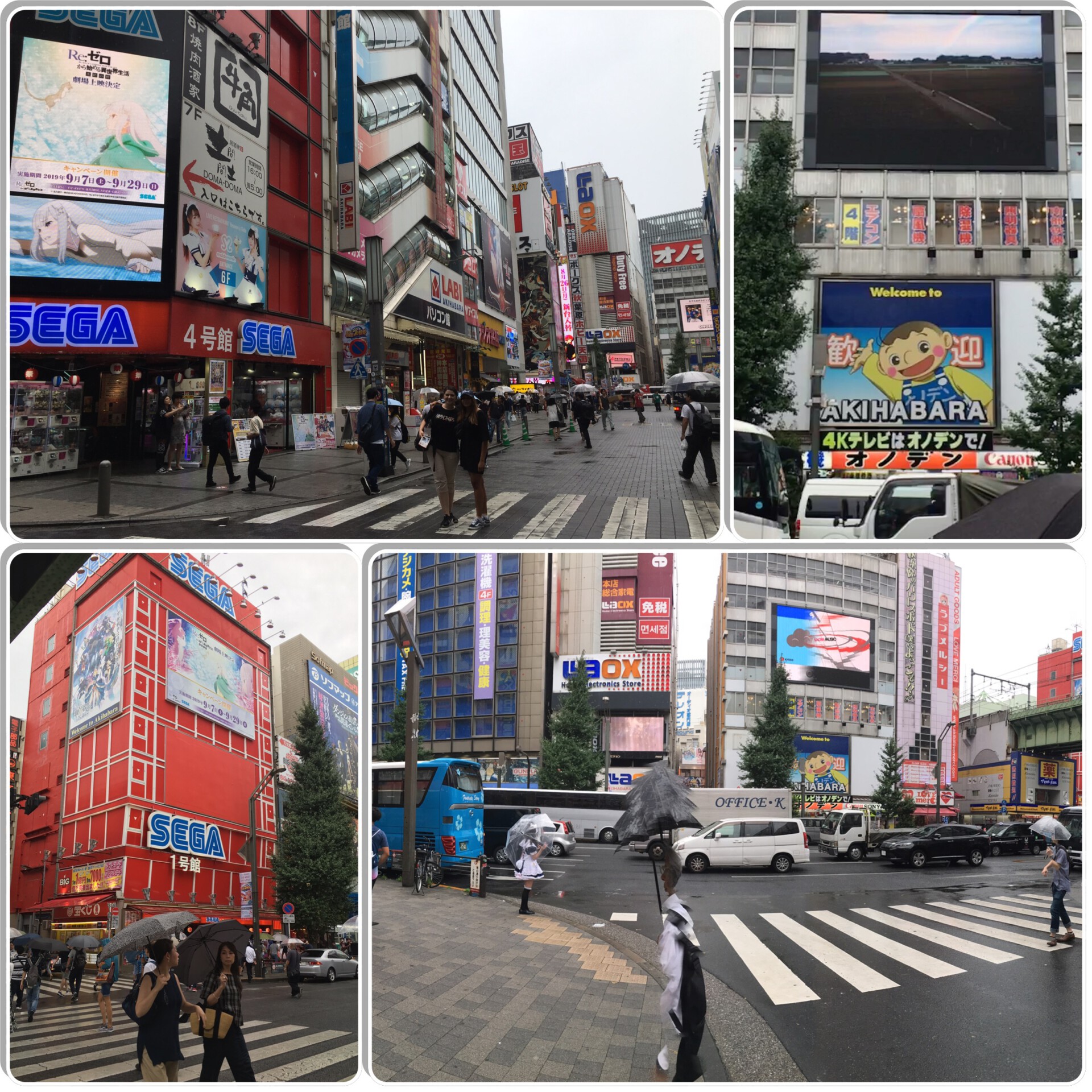
I lived in a shared house in Tachikawa, a neighbourhood in the far western part of Tokyo, a 30-minute bike ride from the university. I didn’t want to use the monorail (one of Tokyo’s many metro lines) every day, as the prices for public transport are very high compared with Vienna. It is affordable on holiday but not necessarily for my daily commute to the university. Besides, the weather remained bike-friendly for a long time: never below 2-3°C and generally sunny. Even when it drizzled, it was still more pleasant to bike. In the typhoon season, I did occasionally splurge on a monorail ticket.
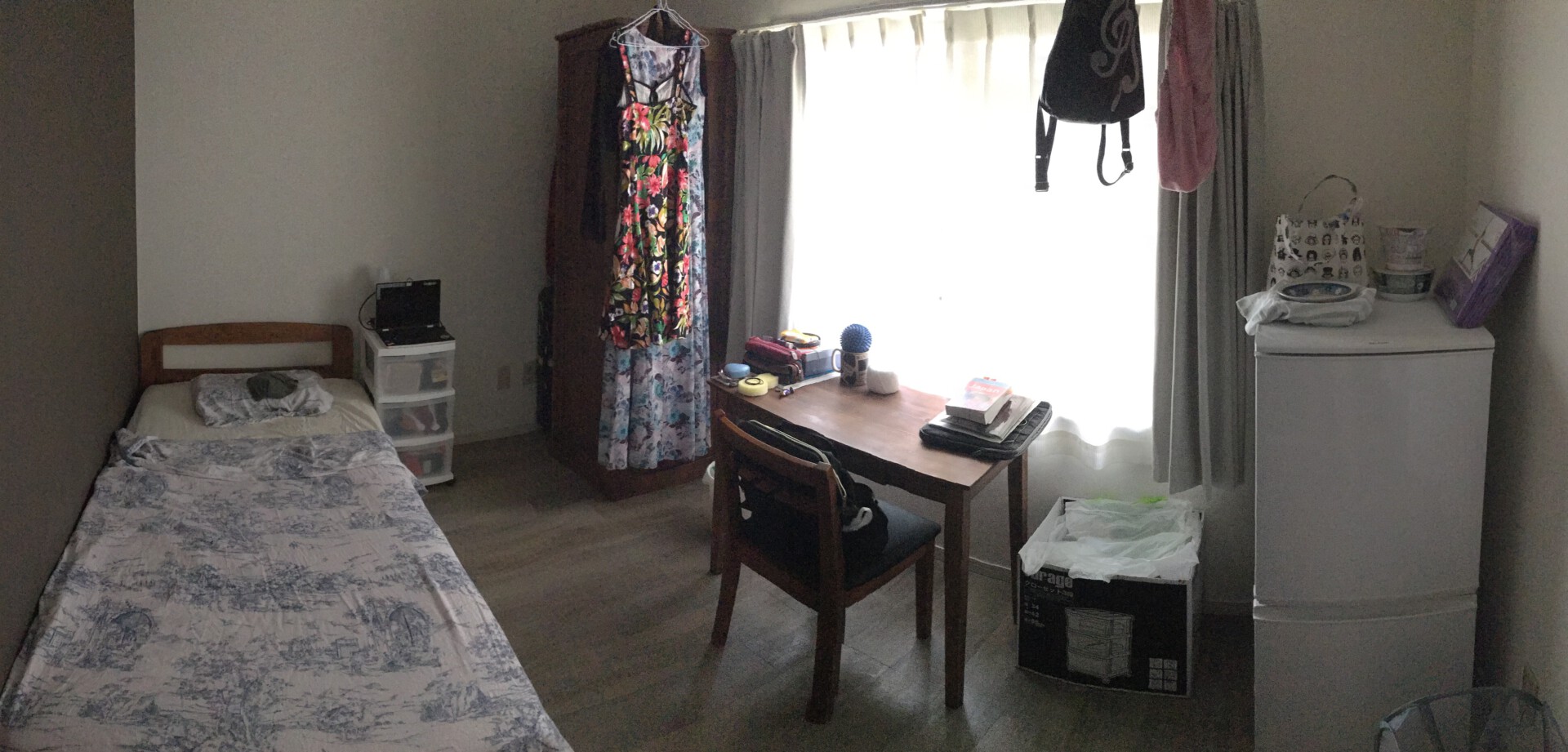
Obtaining a student visa was a bit difficult because the confirmation of my student status from the university came relatively late and I had less than two months to get my visa. I had already received a letter of acceptance from a different university, but the Kunitachi College of Music was my first choice, so I was happy to endure the difficult process. Moreover, I was supported in obtaining a visa by an employee at the university’s foreign office. The next hurdle was registering at the city hall of Tachikawa. Although my Japanese was still very poor, I attempted to do this on my own, and was unfortunately rather helpless there. Fortunately, there was an older clerk there who by chance spoke English and helped me with all of my registrations (for health insurance, retirement insurance, and change of domicile). If one lives in Japan for a longer period of time, one must pay into the health system and be enrolled in the pension system. One must retain the documents in case one returns to Japan for a longer stay. I took the clerk’s tip to heart and keep my documents in a secure place. After completing all the necessary steps, I was now ready to begin my time in Japan. I went to the university nearly every day, as I had to choose my classes in advance and a schedule had been drawn up for me. A friend helped me choose classes, because the entire curriculum was available only in Japanese. The classes I attended were also all held in Japanese. Only one – Music Cultures in Japan – was in English. For this reason, I attended almost exclusively seminars that were focused on practical activities, such as singing and rhythmics: Italian Diction, Seminar of Songs (Japanese), Seminar of Ensemble (Lied/Oratorio), Chorus, Eurhythmics, Seminar in Musical Style (Italian Songs), Solfege, and Voice.
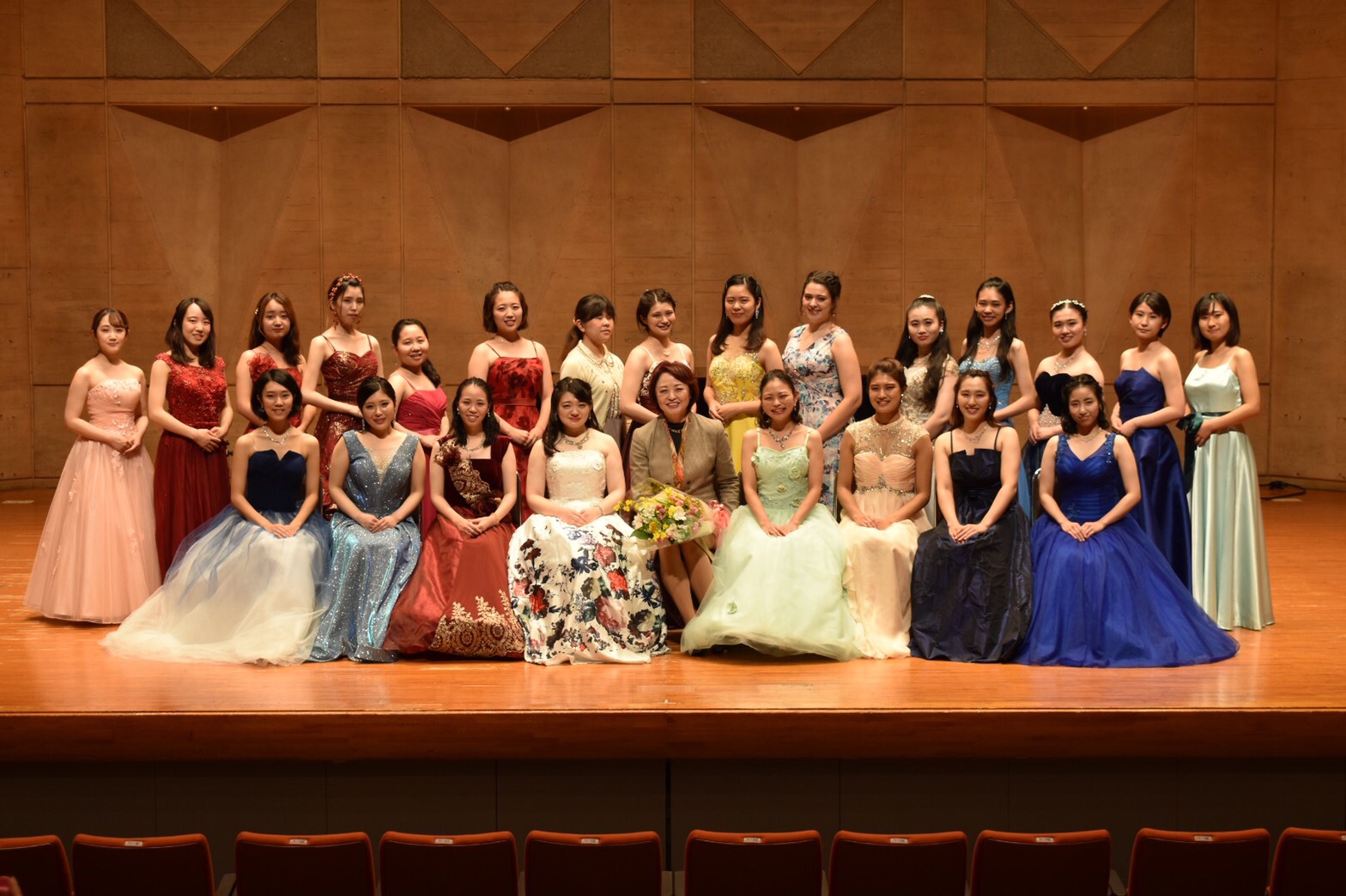
To improve my Japanese, I also attended a Japanese conversation class that was offered by the city of Tachikawa and that arranged tandem partners for me. I was also in contact with two German teachers who teach at the university. I am still in touch with my tandem partners. Student life with my social contacts and the constant confrontation with a language that I hadn’t been learning very long and that I did not yet have a mastery of were very exciting and a bit nerve-racking, but also very exhausting, and I was not able to take as many excursions as other students who were doing a semester abroad. The fact that I had to plan and organise all my trips myself, as I was the first and only foreign student for the past three years, also contributed to this.
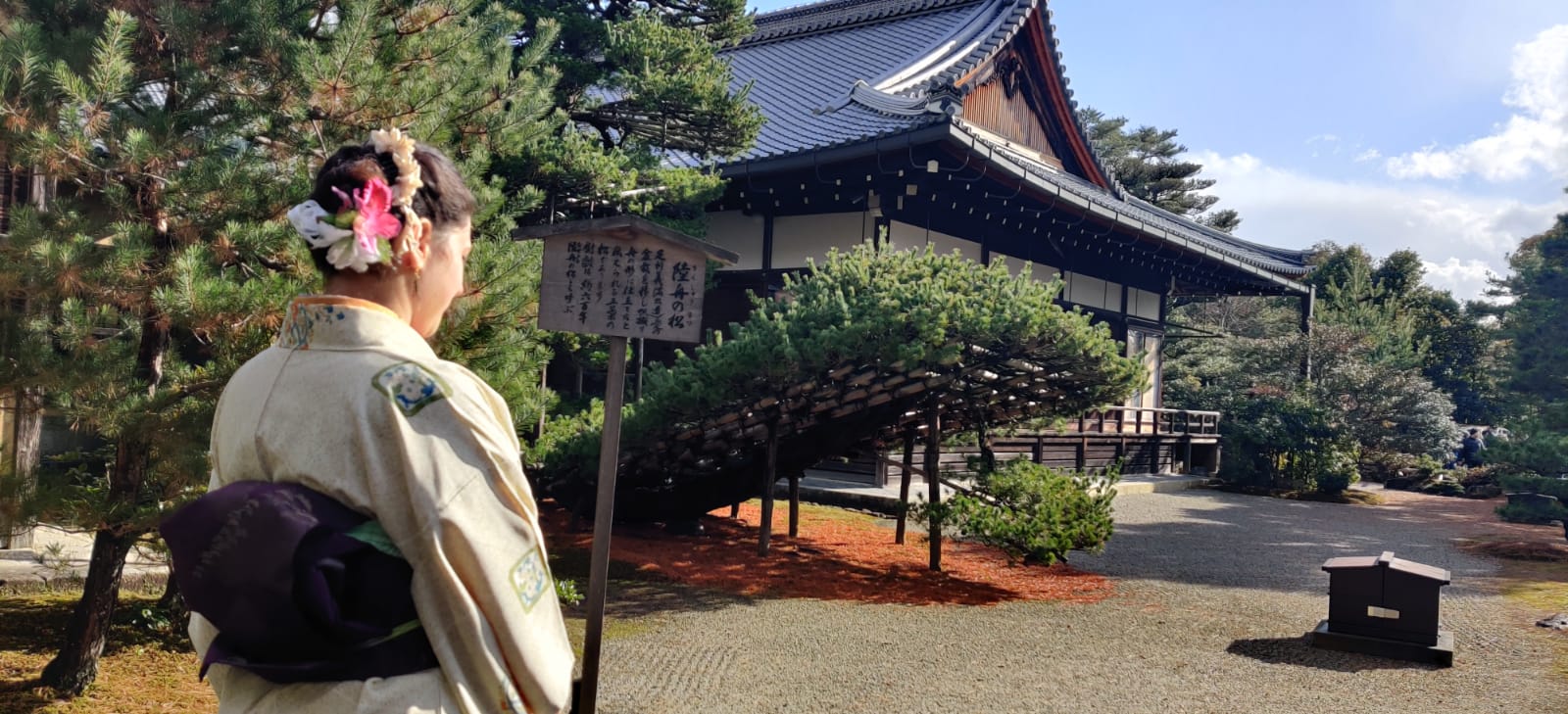
Due to this, however, I heard and spoke almost exclusively Japanese literally around the clock, which was invaluable for learning the language. Neither the teachers nor the students spoke particularly good English, but rather other languages (French, Italian, or German), so we usually conversed in Japanese. Nonetheless, I had an unbelievably great time when I undertook excursions, met people, and was able expand my knowledge. Singing was fun; my voice lessons with Professor Keiko Koizumi were tremendously enriching for me and we got along well, although the language barrier at the beginning was very daunting.
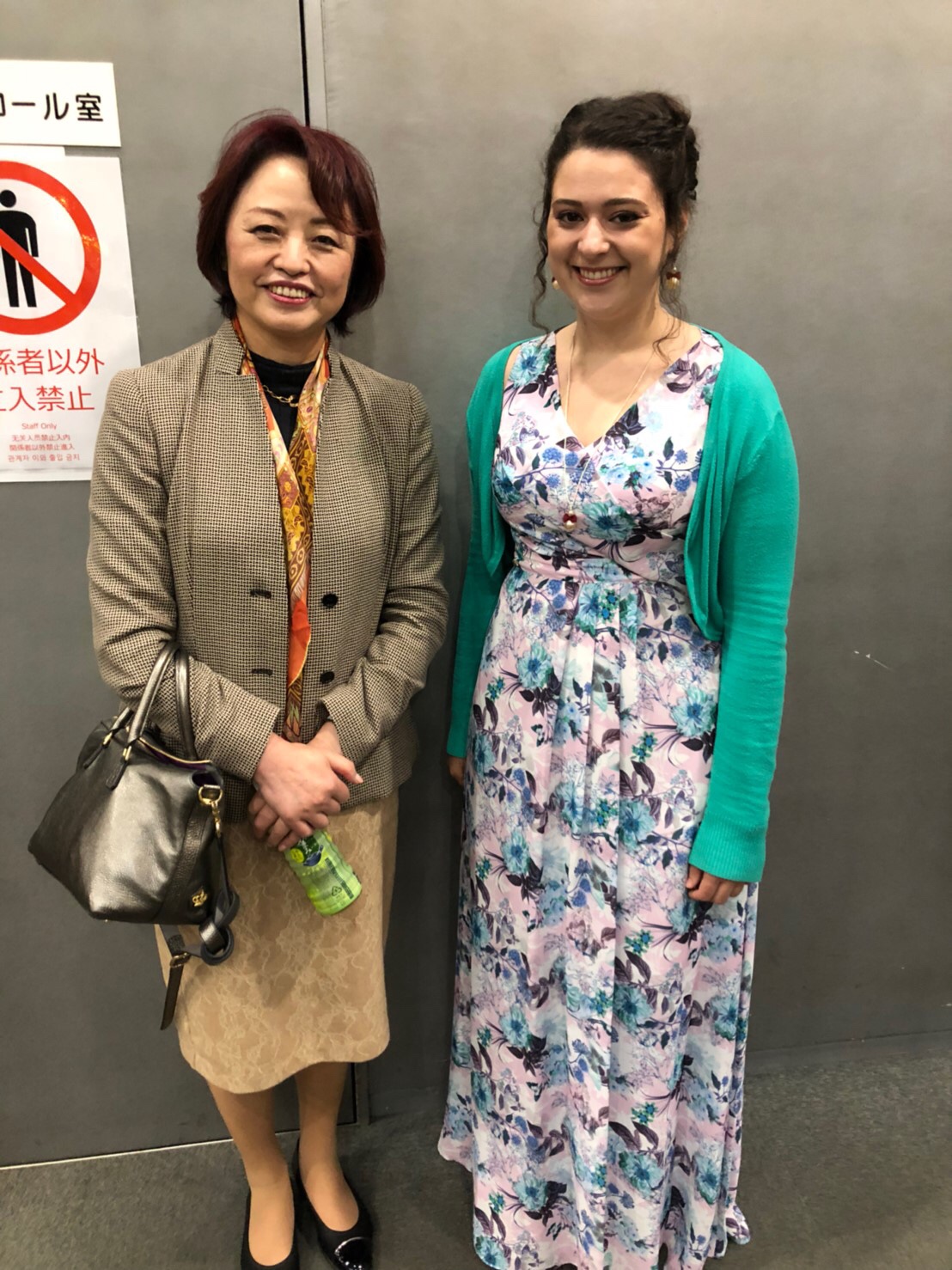
There were also moments that were not so pleasant, of course: when I felt particularly lonely and inept (and this was not seldom the case), when the differences between the cultures were too large, or when people were obviously very racist (I heard professors at the university use a not-very-nice term for foreigners, and I had people on the street turn around and look at me very angrily, although I was observing all the social rules). What these experiences taught me most was respect: respect for all people who live outside their native country. I have become much more sensitive to how people are referred to, and to political statements. I have learned a great deal about various ways of behaviour, about gestures, facial expressions, and finding the right tone – not just in music but also in daily life. I redefined my work ethic and gained new expectations and attitudes. And in general, I gained respect for everyone and insights into why people are the way the way they are and do things the way they do. I think I have grown up a great deal through my time there – and I don’t mean this in an arrogant way but rather respectfully. I better understand my parents, the older generations, and the differences between them and the younger generations – or at least I think I do 😅.
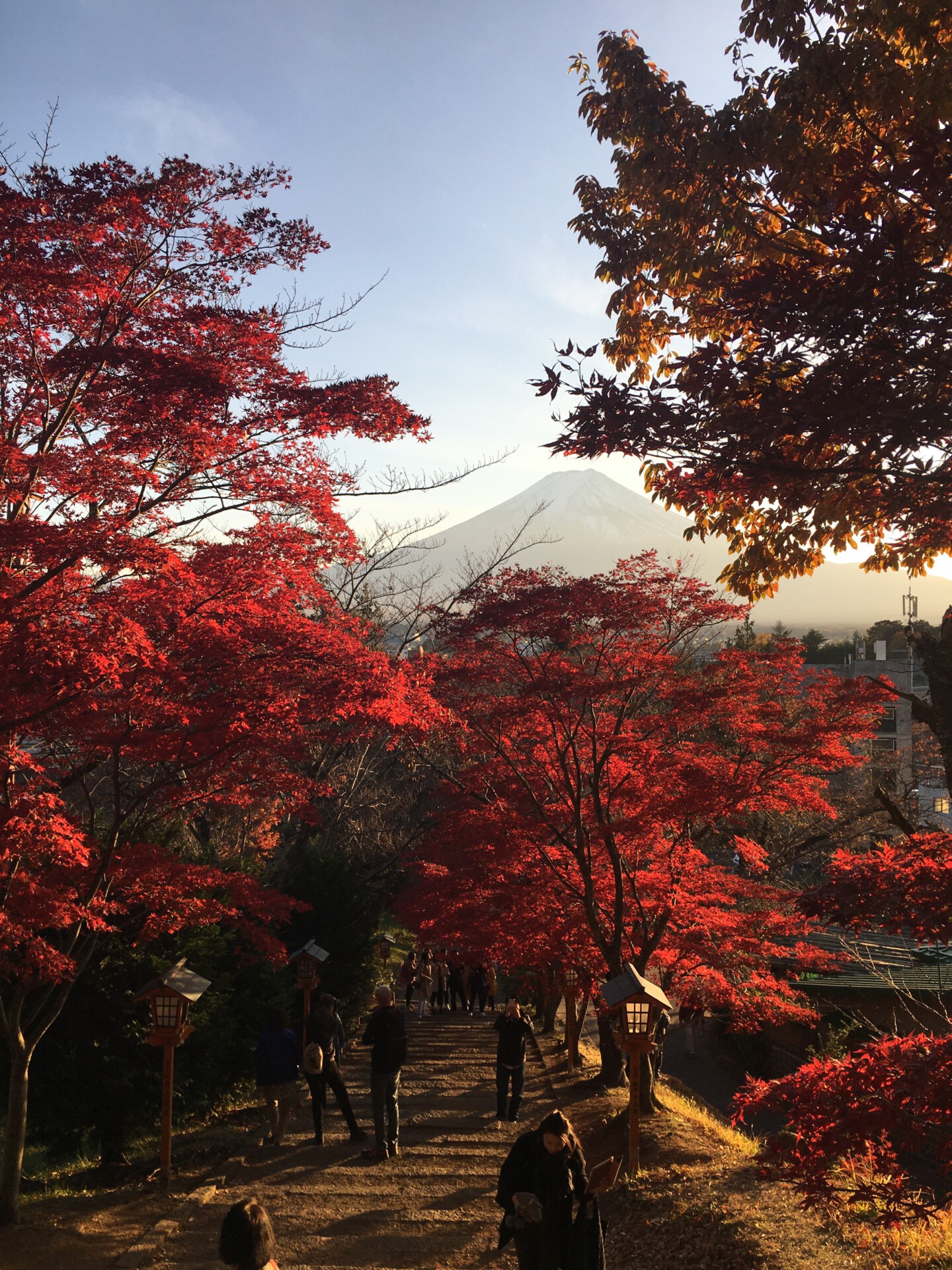
For me, the greatest difference between Japan and Austria is and was the noise. If one walks down a street or rides the underground in Vienna, it is loud and there are not as many people out and about. But even though more people were out in public in Tokyo, they were in each other’s way less. Because everyone on the street seemed to take care to take up less space, everyone had much more room, much more freedom to move. The people did not see themselves as so important – but they did not take themselves less seriously. I had the feeling that everyone did what they could, and bit by bit, things just seemed to progress. It was the same feeling with strangers on the street as it was at the university with friends or colleagues. I know that through my “foreignness” I had many privileges, because people who knew me did not place the same strict conventions on me that generally apply in Japan, but I certainly also made every effort to conform, simply because it gave me a better feeling. Since I have been back in Austria, this certain (community) feeling is gone again, and I have the feeling that it is not only due to Covid. Another big difference to Austria is that nearly everything has its price, even parks. I have learned that things simply have a certain value, even things that in Austria are free. Gardens have to be cultivated, buildings kept up, water purified, and pipes maintained. Culture has a price and is valuable. Nature must be preserved if we want it to be combined with our comforts in the city. So many things are subsidised here and much is seemingly free – I think that here, people are much less aware of this.
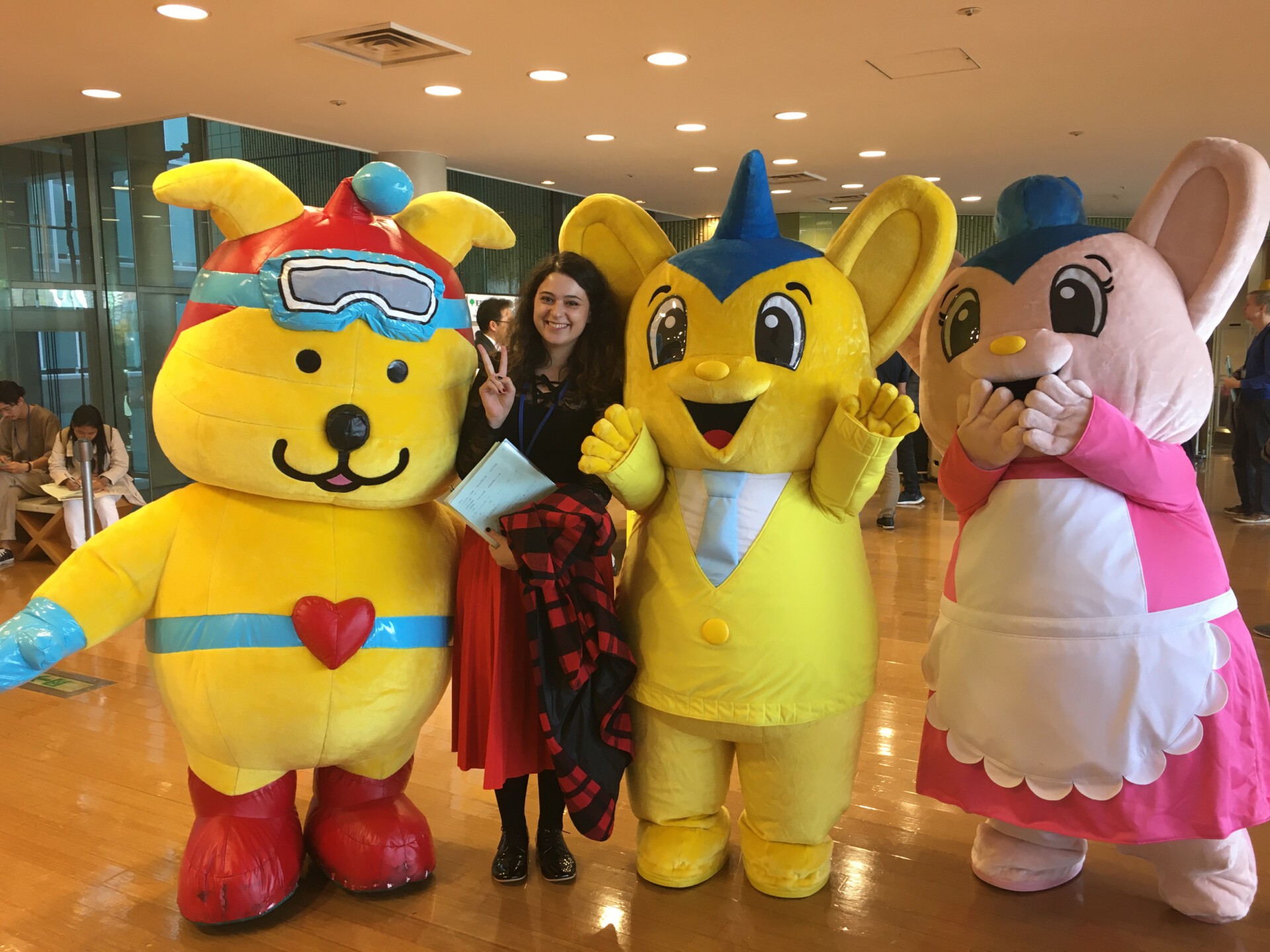
In Japan, there is a constant sensory overload – in shops, at train stations, in alleys where pubs are lined up one next to the other, on television, on the street, where advertisements are, etc. But the people still have a greater appreciation for things. They buy less, but better quality (even if they can scarcely afford it, and not everyone does this, of course, but many as far as I was able to tell), and they have an appreciation of this quality and take time for it. And when they run out of money, they look for more work. It’s very simple. They take care to pamper their body regularly in order to keep it healthy instead of running to the doctor every time they feel bad. And these things are also promoted. Now that I have been back in Austria for a while, I have noticed how many of the positive aspects of my life in Japan I can implement here as well. I take time for my tasks and never plan more than I can actually accomplish. I prefer to write fewer things on my to-do list than too many and am happy when I do more than I had originally thought I could. I cook for myself and try to not just “throw something together”; rather, I take time to prepare all the ingredients with no hurry. This not only keeps me calm; it also helps me to better plan the day. In addition, I study and practise at a more even and calm pace and know that success is not to be found in stress but rather in constant repetition.
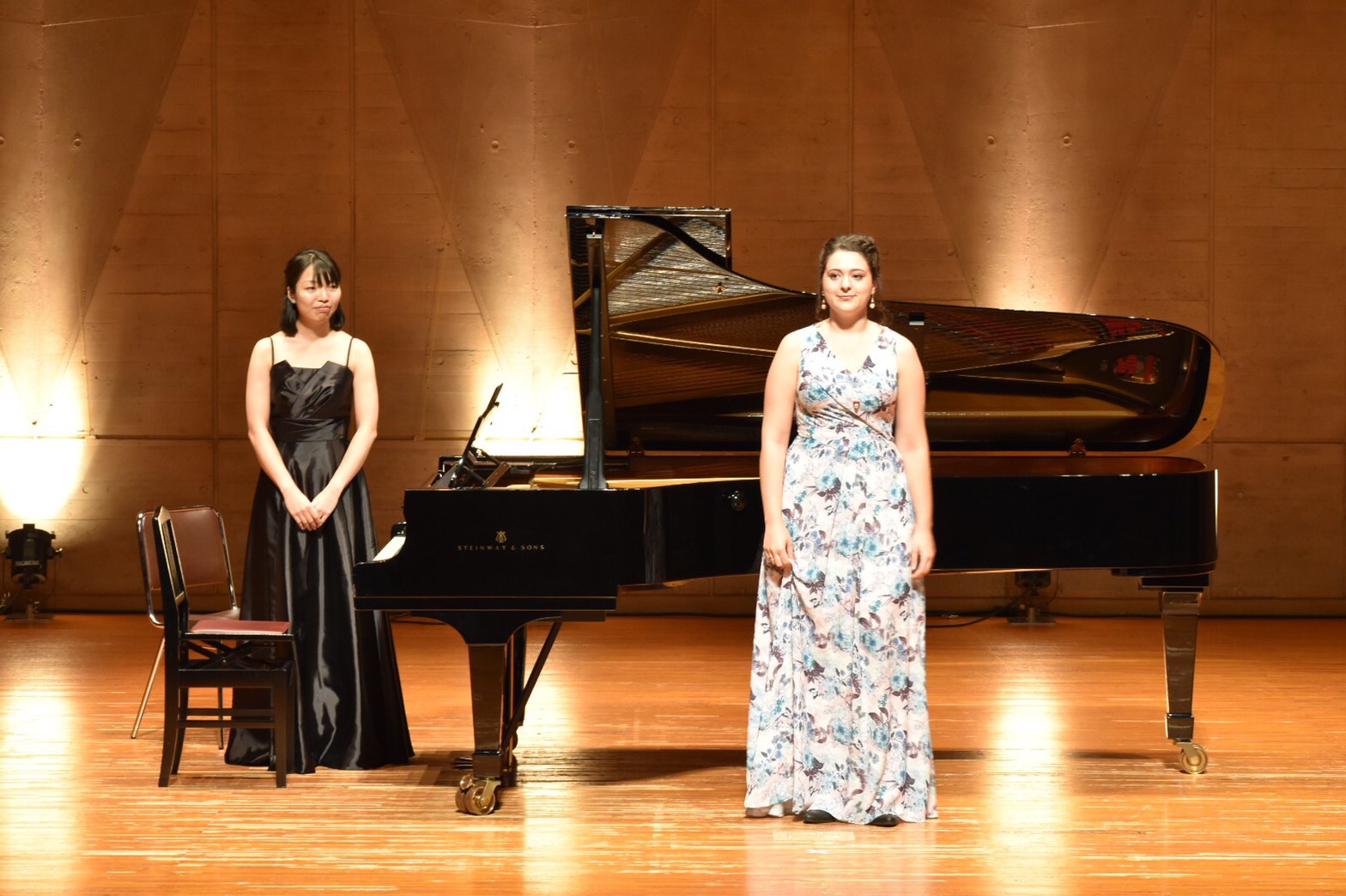
Finally, I would like to return to the most unpleasant part of my experience: the xenophobia. I knew that it existed and saw it confirmed in the experiences of people around me (father, grandfather, close friends). But it is something completely different when you yourself are impacted and find yourself in this situation in which you do not have the possibility to confront the other person about this (whether it is because of the language barrier or for physical and mental reasons). For this reason, the time I spent abroad taught me one thing in particular: to stay open, to always view a situation from different perspectives, not to act hastily, but also not to put up with intolerance and racism but rather to attempt to talk to the other person and make them aware of their behaviour.
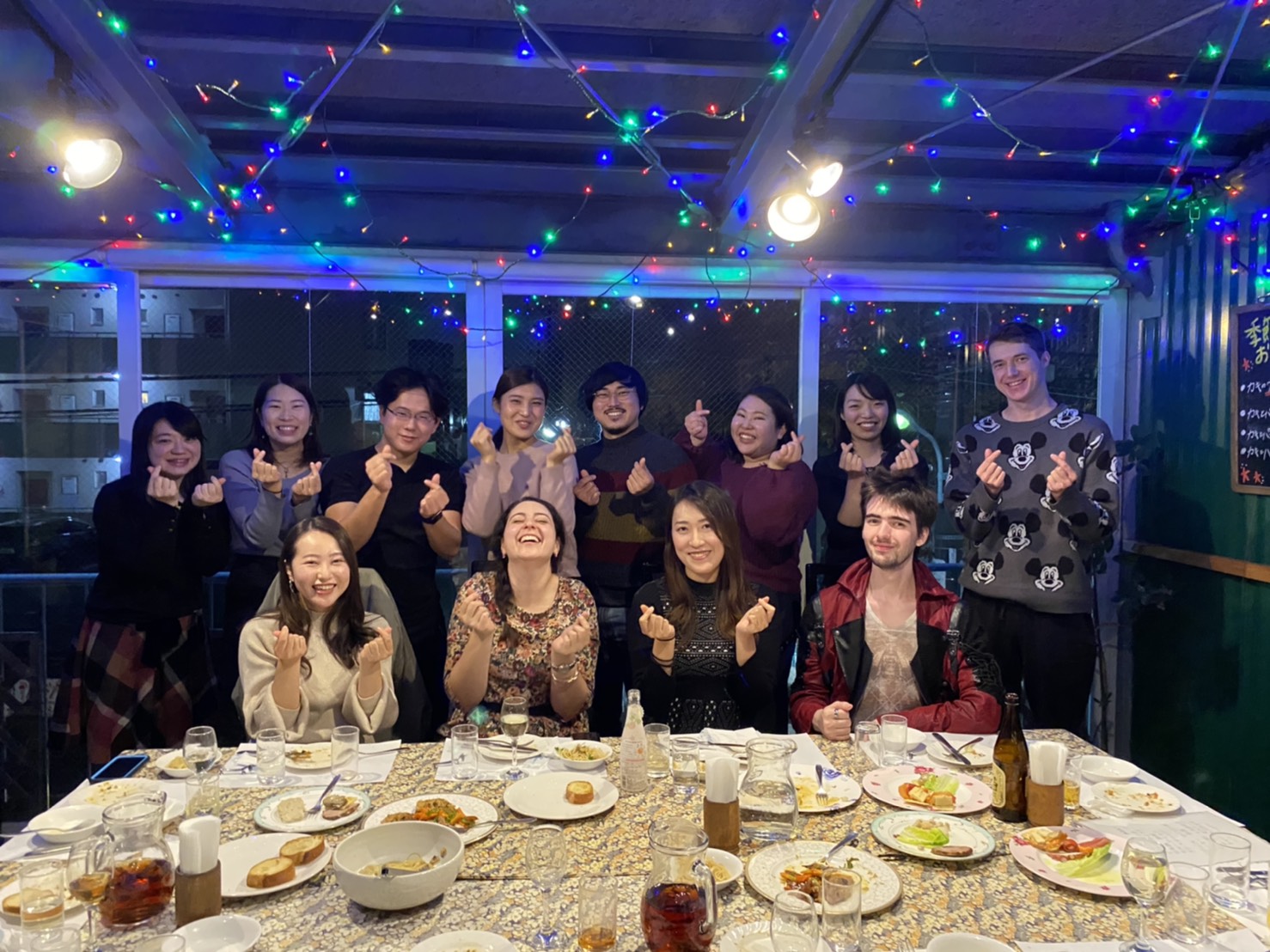
Are you a mdw student and interested in spending a semester or year at one of our partner institutions?

